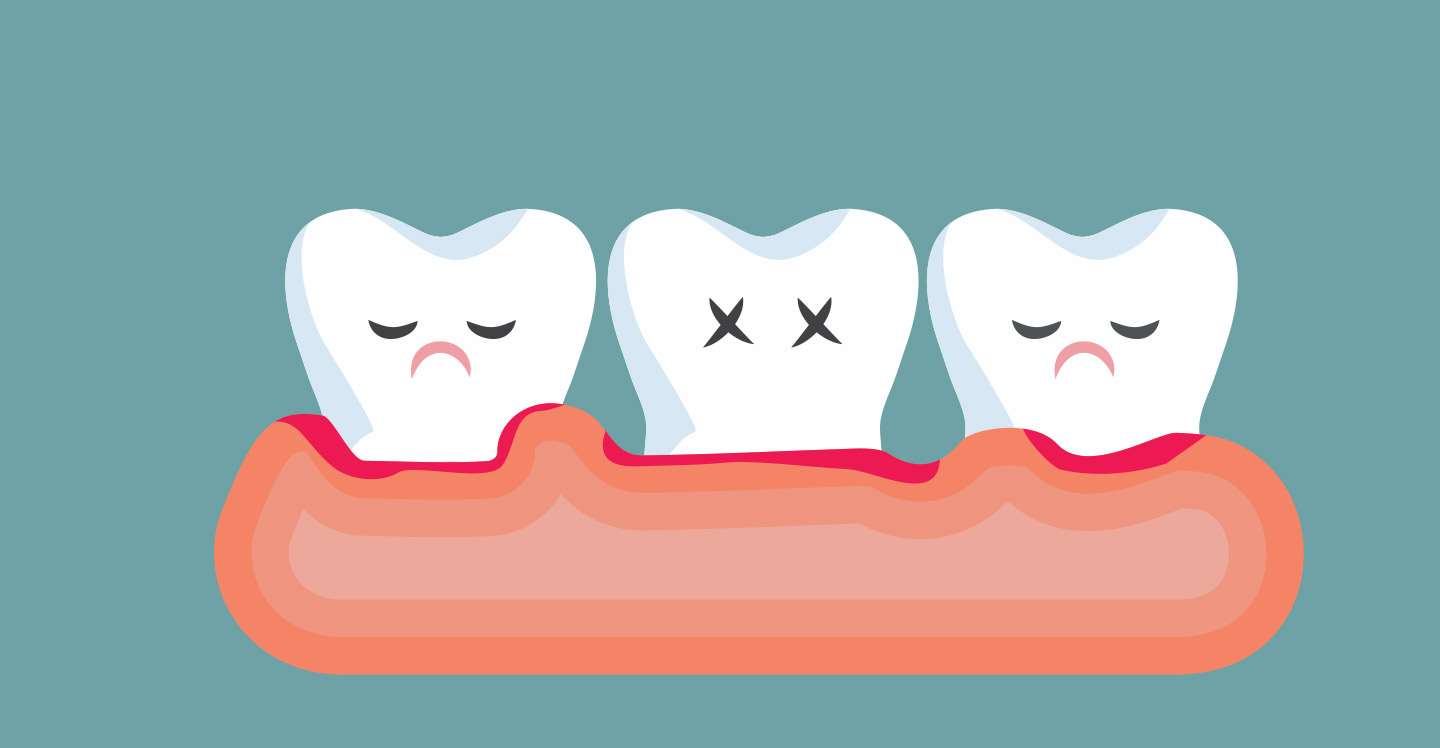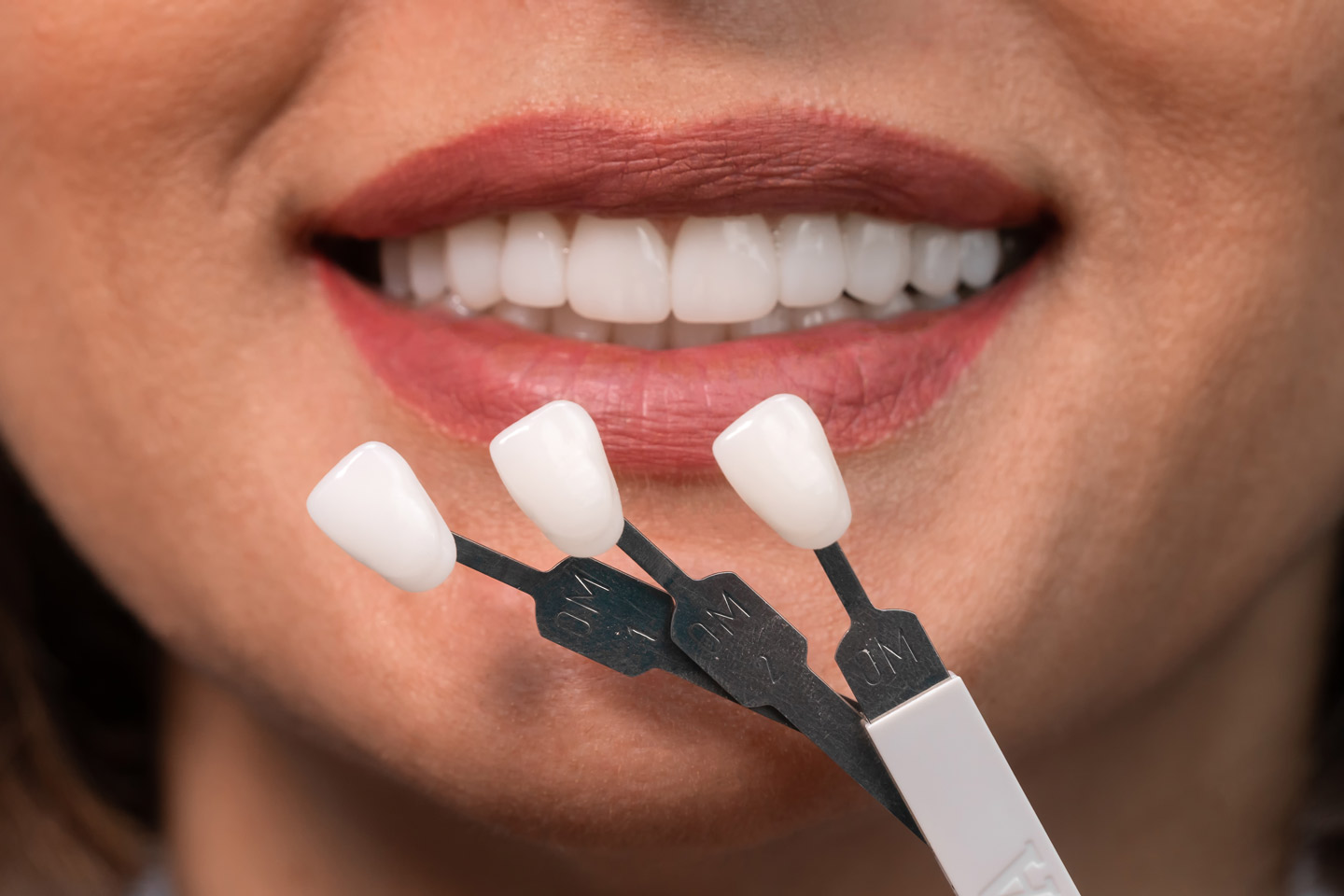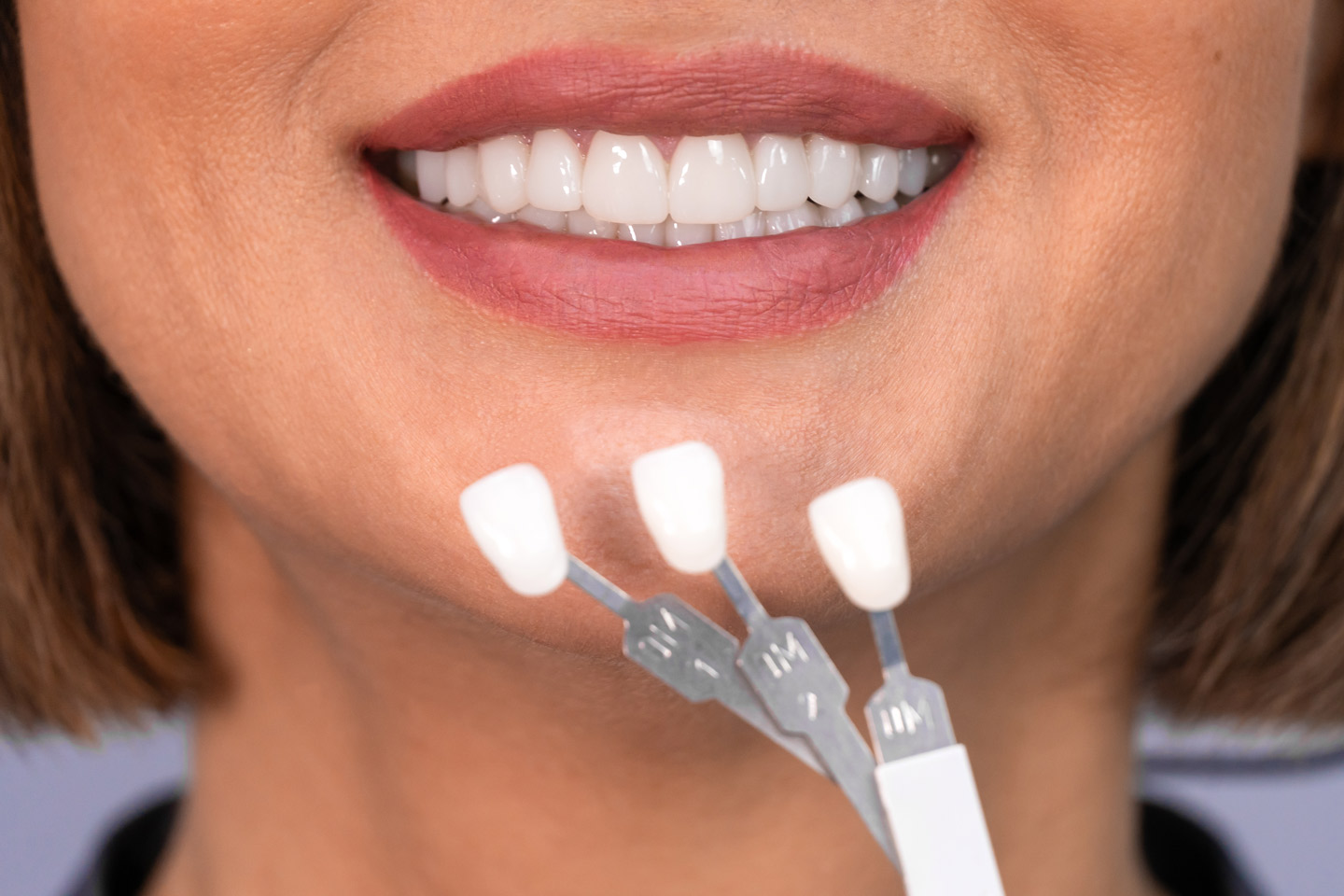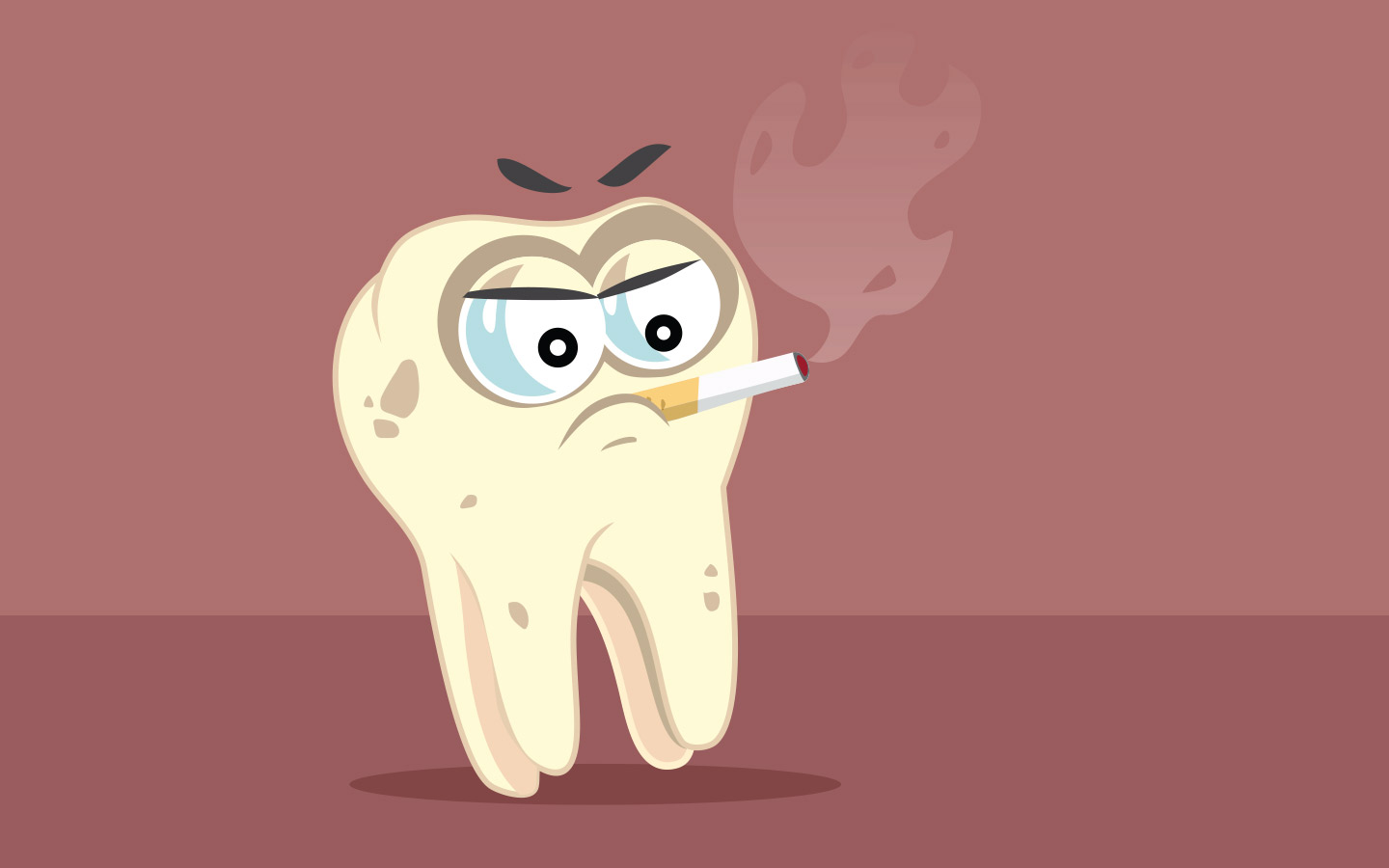Can You Get Cavities with Veneers
As with any dental procedure, questions and concerns arise, and one common query is, Can you get cavities with veneers?
Understanding Veneers: A Brief Overview
Before delving into the realm of cavities and veneers, it’s essential to grasp the fundamentals of veneer application. Veneers are primarily used to address issues such as chipped, discolored, or misaligned teeth.
The process involves the removal of a thin layer of enamel from the tooth’s surface to accommodate the veneer. Subsequently, the custom-made veneer is securely bonded to the tooth using dental adhesive. This process enhances the appearance of the tooth while maintaining its structural integrity.
Dispelling the Myth: Veneers and Cavities
The concern about developing cavities with veneers stems from the belief that the porcelain material could be a breeding ground for bacterial growth, leading to decay underneath the veneer.
However, this concern is largely unfounded. Veneers are crafted from a highly durable and non-porous material, such as porcelain, which is resistant to stains and decay. This means that the risk of developing a cavity directly under a veneer is exceptionally low.
Maintaining Oral Hygiene with Veneers
While the risk of cavities with veneers is minimal, it’s crucial to maintain proper oral hygiene to ensure the longevity of your dental work and overall oral health. Regular brushing, flossing, and routine dental check-ups remain essential, just as they are for natural teeth.
Although veneers themselves are not susceptible to decay, the underlying tooth structure and adjacent teeth can still be affected by cavities and gum disease.
Addressing Veneer Vulnerabilities
While veneers offer impressive durability, they are not invincible. It’s important to exercise caution and avoid habits that could potentially compromise your veneers or oral health.
For instance, using teeth as tools to open packaging or chewing on extremely hard objects can lead to chipping or damage to the veneers. Individuals who habitually grind their teeth should discuss wearing a nightguard with their dentist to protect both natural teeth and veneers.
Regular Dental Check-ups: The Key to Longevity
Maintaining regular dental appointments is pivotal, not only to monitor the condition of your veneers but also to ensure your overall oral health. Dentists possess the expertise to detect any potential issues early on and provide appropriate guidance.
During these visits, they can also perform professional cleaning, ensuring that your veneers remain free from stains and discoloration.
The Verdict: Veneers and Cavities
In the debate of whether you can get cavities with veneers, the consensus is that the veneers themselves do not cause cavities. The materials used in veneers, such as porcelain, are inherently resistant to decay.
However, maintaining a stringent oral hygiene routine and attending regular dental check-ups are vital to safeguarding your oral health and preserving the integrity of your veneers.
FAQs
What happens if you get a cavity with veneers?
If a cavity forms beneath a veneer, it could lead to complications. The decay might compromise the bond between the veneer and the tooth, affecting its appearance and structural integrity. Dentists would need to remove the veneer, treat the cavity, and then replace the veneer, making the process more complex and costly.
Is it easier to get cavities with veneers?
Veneers themselves do not increase the likelihood of cavities. However, if proper oral hygiene isn’t maintained, bacteria could accumulate at the margins of the veneer, increasing the risk.
Can you get a cavity under a veneer?
While it’s rare, cavities can potentially form underneath veneers if oral hygiene is neglected. The porcelain material of the veneer itself is not susceptible to decay, but the underlying tooth structure remains vulnerable.
Do teeth get damaged with veneers?
Veneers are designed to enhance the appearance of teeth while protecting them. When applied by a skilled dentist and cared for properly, veneers should not damage teeth. However, improper use, habits like teeth grinding, or using teeth as tools could compromise the integrity of both natural teeth and veneers.
Are veneers weaker than real teeth?
While veneers are thin, they are made from durable materials like porcelain or composite resin. While not as strong as natural teeth, they are designed to withstand normal biting and chewing forces. Proper care and avoiding activities that could cause damage are essential to maintaining their strength and longevity.
Do people regret veneers?
Veneer success largely depends on individual expectations and proper communication with the dentist. Those who have realistic expectations and follow aftercare instructions are generally satisfied. However, some factors, such as a drastic change in appearance, could lead to regret.
It’s essential to consult extensively with a dentist before proceeding with any cosmetic procedure.
Conclusion
Veneers are a remarkable advancement in cosmetic dentistry, offering individuals the opportunity to achieve their dream smiles. The notion that veneers contribute to cavities is a misconception rooted in misunderstanding. The materials and techniques used in veneer application are designed to enhance both aesthetics and oral health.
Remember, while veneers themselves are not susceptible to decay, proper oral hygiene practices and routine dental visits are essential to ensure your smile remains radiant and healthy.





